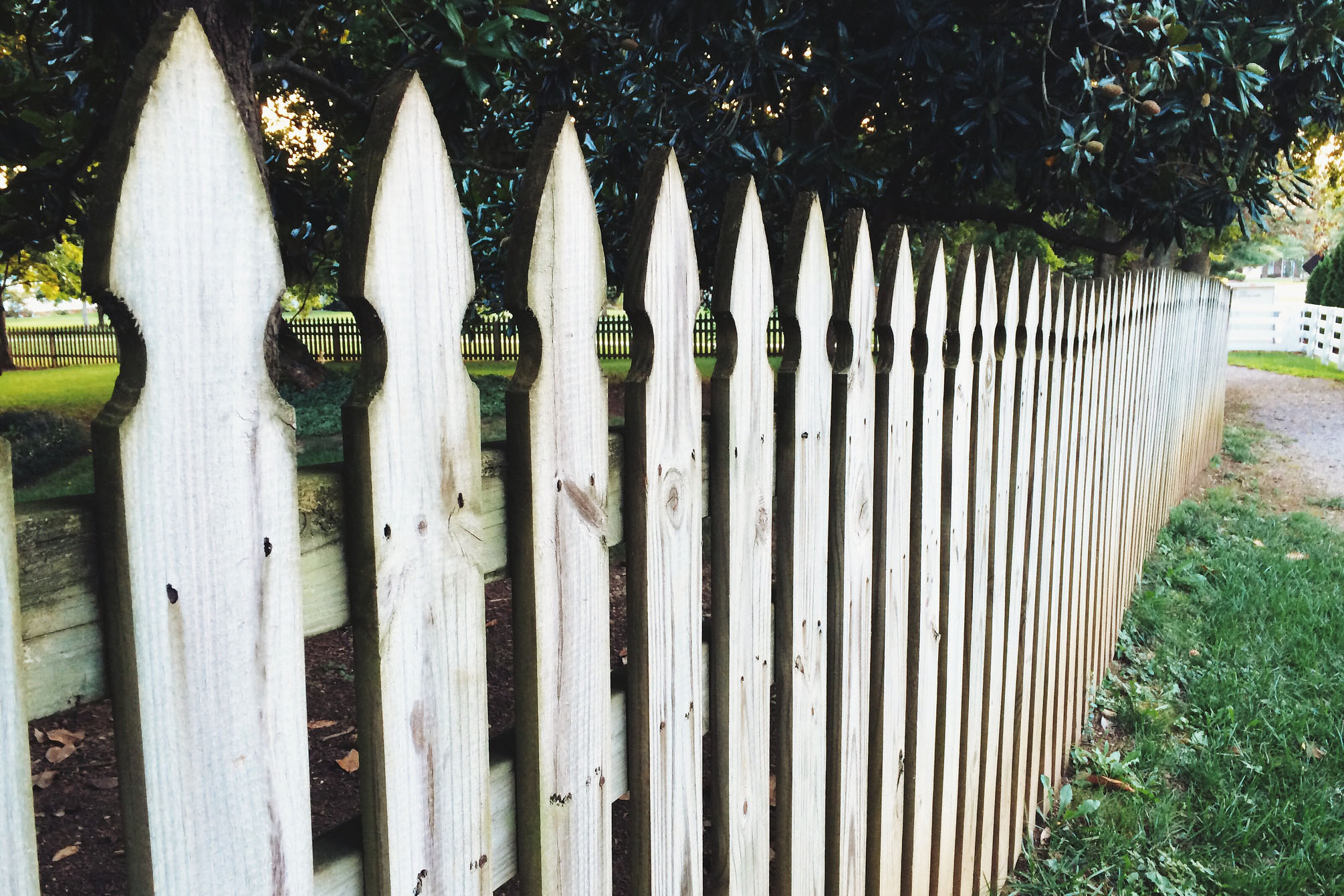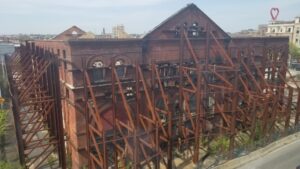In a world where problems seem insurmountable, we need to return to basics.
Each December, the Oxford English Dictionary chooses a “Word of the Year” — or sometimes two, one for the United States and one for the United Kingdom — as the year’s philological cultural barometer. Last year’s WOTY was youthquake, meaning “a significant cultural, political or social change arising from the actions or influence of young people.” The WOTY for 2013 was selfie and 2007’s U.S. WOTY was locavore, which is “a person whose diet consists only or principally of locally grown or produced food.”
Looking back a decade, the term seems quaint, and even at the time smacked of self-indulgence in the name of self-restraint. Still, there was and is some merit in the desire to push back against the mechanized, hydrogenated, perilously affordable and artificial.
A few years after locavore came on the scene, I coined a new word along similar lines that I thought might instigate deeper engagement for the locally inclined do-gooder. (I will confess the word did not catch on, even mildly.) My word was locanthropy and here’s the true story I shared to illustrate my point:
In 2011, my wife Miriam and I finally decided it was time to take the plunge and get a minivan. I would give up my old car and inherit my wife’s Subaru. We contacted an organization that accepts donated cars, repairs them when possible and distributes them across three states. Two weeks later, a flatbed truck met me on Eutaw Place, across from Beth Am, and drove my rust-colored ’98 Saturn SL toward the highway.
A couple of weeks later, I got an email from our emeritus rabbi who lived across the alley from us. “I think I saw your car in the neighborhood today,” he wrote.
“No, you must be mistaken,” I replied, “I donated my car.” But sure enough, parked around the corner from my house was my old car with reupholstered interior but the same familiar stickers on the windshield and the telltale bit of key I once broke off in the trunk.
Maimonides teaches it’s a higher level of tzedakah to give anonymously — and I certainly tried. In fact, I think I spent the next several months subconsciously trying to avoid conversations with that neighbor so as not to embarrass her.
But the story also reminds me how powerful it can be to support one’s own neighborhood and community. The Talmud says, “The poor of your own city [or community] come first,” and we are reminded that we should construct our dwelling places so as to provide access for the poor. Rashi adds that a gatehouse, if one is constructed, must be situated in a way that ensures the owner of the home(s) beyond will hear the cry of the beggar looking for food (Talmud Bava Kamma 7b).
Sometimes we can make a local impact without even knowing it.
Seven years later, I mostly regret buying the minivan, but I’m still convinced of the need for locanthropy — a commitment to deliberately and deliberatively local giving. In my very first Jmore column back in 2016, I cited a provocative essay titled “The Reductive Seduction of Other People’s Problems.” The author’s claim is that while too many people fantasize about solving problems for those people “over there,” we ignore brokenness and trauma in our own backyard.
This is where locanthopy comes in. In a world where problems seem insoluble and basic civility has broken down at the cellular level, we ought to return to basics. Who are our neighbors? How do we treat them?
It’s been said, “Be kind; everyone you meet is fighting a hard battle.” Some are fighting anxiety or depression, drug addiction or other self-destructive behavior. Some guard secrets of abuse or failed parenting, or are simply grieving a loss. Some people wonder where their next meal will come from, and others if anyone will miss them when they’re gone. Jewish tradition teaches that proximity demands accountability.
Our neighbors have all kinds of needs. How are we meeting them?

Rabbi Daniel Cotzin Burg is the spiritual leader of Beth Am Synagogue in Reservoir Hill, where he lives with his wife, Rabbi Miriam Cotzin Burg, and their children, Eliyah and Shamir. This column and others also can be found on TheUrbanRabbi.org. Each month in Jmore, Rabbi Burg explores a different facet of The New Jewish Neighborhood, a place where Jewish community is reclaimed and Jewish value reimagined in Baltimore.





